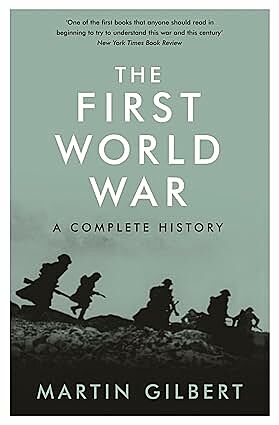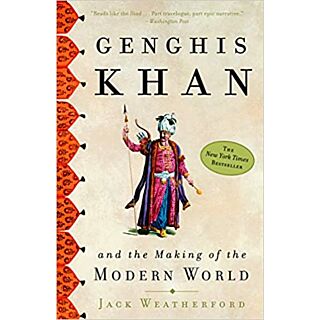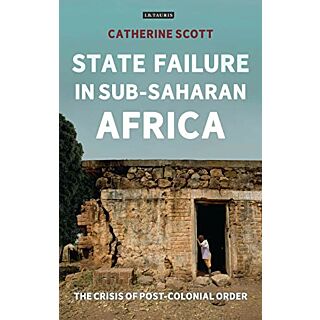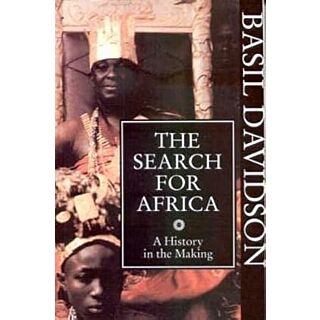Local Storage seems to be disabled in your browser.
For the best experience on our site, be sure to turn on Local Storage in your browser.
t was to be the war to end all wars, and it began at 11.15 on the morning of June 28, 1914, in an outpost of the Austro-Hungarian Empire called Sarajevo. It would end officially almost five years later. Unofficially, it has never ended: The horrors we live with today were born in the First World War.
It left millions - civilians and soldiers - maimed or dead. And it left us with new technologies of death: tanks, planes, and submarines; reliable rapid-fire machine guns, poison gas and chemical warfare. It introduced us to unrestricted war on civilians and mistreatment of prisoners. Most of all, it changed our world. In its wake, empires toppled, monarchies fell, whole populations lost their national identities as political systems and geographic boundaries realigned. Instabilities were institutionalised, enmities enshrined. Manners, mores, codes of behaviour, literature, education and class distinctions - all underwent a vast sea change. In all these ways, the twentieth century can be said to have been born on the morning of June 28, 1914.
| Author | Sir Martin Gilbert |
|---|












Sign In
Create New Account